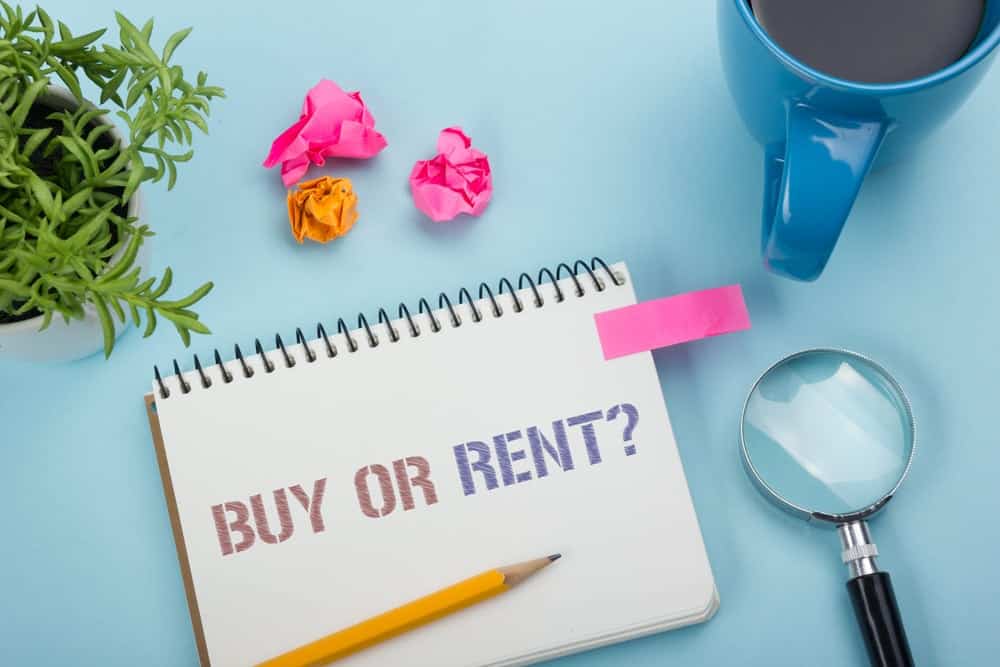Should You Rent or Buy?
02nd August 2016

With all the current political and economic turbulence following the EU referendum many first time buyers maybe wondering if they should buy or should they rent a property.
In the UK it has always been the belief that buying is better than renting, but is this really the case? Both options have their pros and cons, and it is worth spending some time weighing up the advantages and disadvantages before making such a big financial decision
Buying
| Pros
| Cons |
| •Greater security and prestige plus you will own the property once the mortgage is paid off.
| • A big financial commitment. Large sums of money are needed for a deposit and stamp duty |
| •As the homeowner you can decorate and renovate how you like. You can also make alterations within the limits of planning regulations.
| •As the homeowner you are responsible for maintaining property. So when things go wrong you need to get it fixed and pay for it. |
| •It is a long term investment for your future. If houses prices increase you will make a profit when you sell the property. Or you could make an income from renting out the property. | • Less mobility if you suddenly have to move. It’s expensive and it takes time to sell and a hassle to let a property. |
| • You must have house insurance if you are a homeowner with a mortgage |
Renting
| Pros
| Cons |
| • You have more flexibility to move at short notice as there is no long term commitment. A landlord usually requires one month’s notice.
| •Renting can be regarded as ‘money down the drain’. It does not provide any investment for the future or create any wealth. |
| •Less risk and less responsibility as the landlord maintains the property.
| •Landlords can terminate your contract when the lease has expired.
|
| •None of the costs associated with buying, such as stamp duty, so generally you have more disposable income.
| •The lease agreement with the landlord will limit what you can do in the property. You will need permission from the landlord to decorate or make any changes. |
